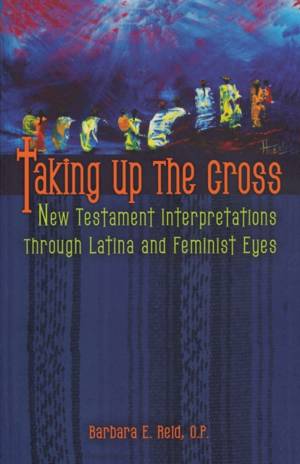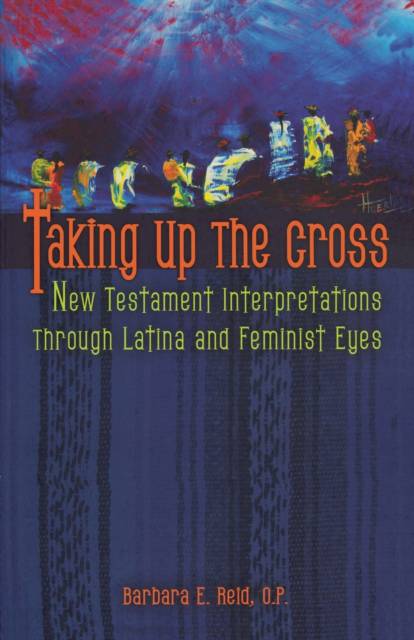
- Retrait gratuit dans votre magasin Club
- 7.000.000 titres dans notre catalogue
- Payer en toute sécurité
- Toujours un magasin près de chez vous
- Retrait gratuit dans votre magasin Club
- 7.000.0000 titres dans notre catalogue
- Payer en toute sécurité
- Toujours un magasin près de chez vous
Taking Up the Cross
New Testament Interpretations Through Latina and Feminist Eyes
Description
Discussions of the meaning of Jesus' passion are at a creative high point, in part because of popular events like Mel Gibson's The Passion of the Christ, and Dan Brown's The Da Vinci Code, but also because of a groundswell of interest in contemporary biblical scholarship.
Barbara E. Reid, O.P., here pays attention to the role of women in the accounts of Jesus' passion and observes that some of the interpretations of Jesus' death in the New Testament open us up to life and liberation, while others have been used to perpetuate cycles of violence and victimization.
When women have identified their suffering with that of Jesus, this has sometimes given them strength, but has also led to a harmful acceptance of unjust suffering. Reid explores five theological "images" of the death of Jesus through conversation with the voices of women from Mexico, Bolivia, and Peru and examination of the roles of women in the New Testament accounts. The result is an illuminating combination of New Testament exegesis with a liberative constructive theology.
Spécifications
Parties prenantes
- Traducteur(s):
- Editeur:
Contenu
- Nombre de pages :
- 272
- Langue:
- Anglais
Caractéristiques
- EAN:
- 9780800662080
- Date de parution :
- 11-09-07
- Format:
- Livre broché
- Format numérique:
- Trade paperback (VS)
- Dimensions :
- 141 mm x 216 mm
- Poids :
- 376 g

Les avis
Nous publions uniquement les avis qui respectent les conditions requises. Consultez nos conditions pour les avis.





